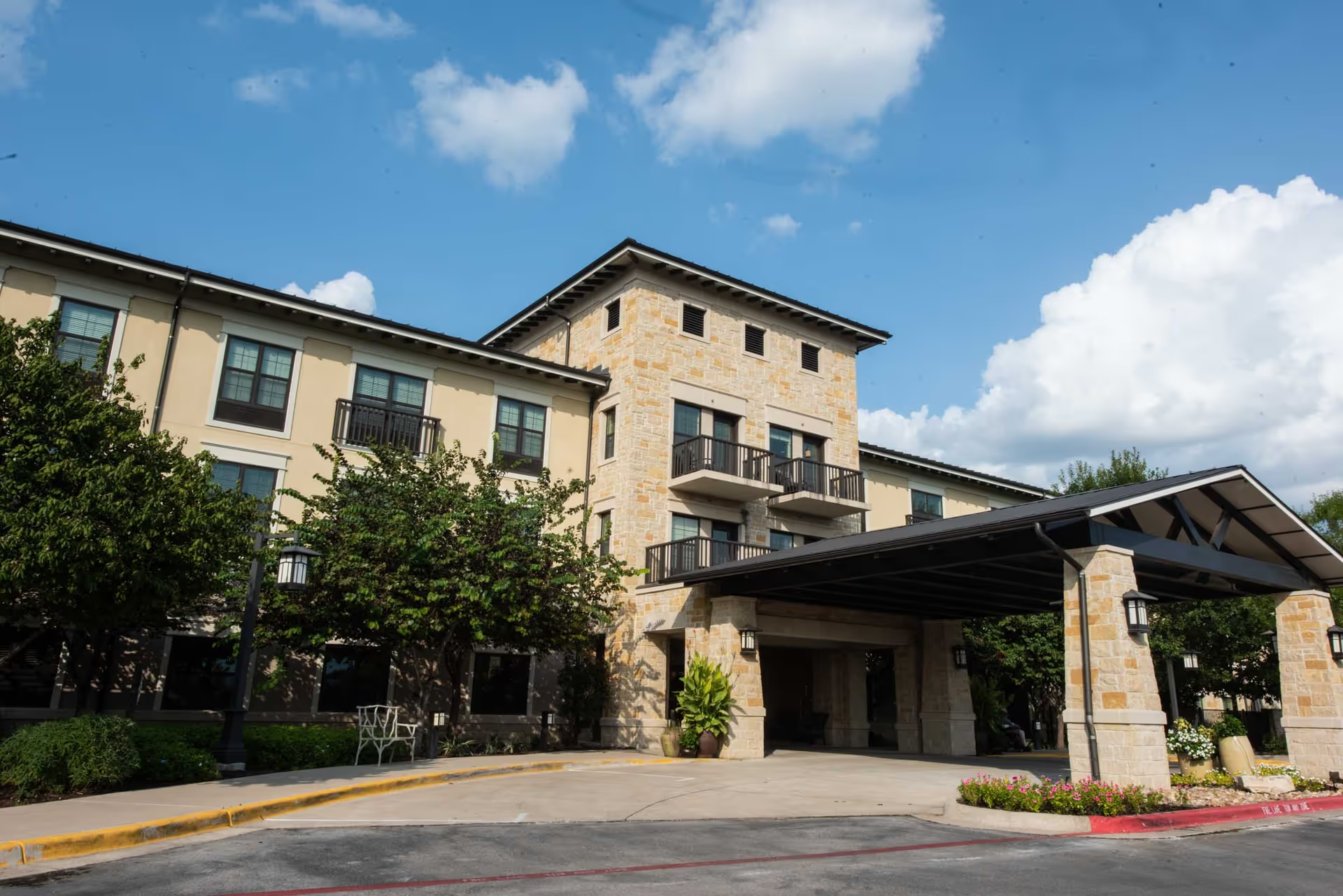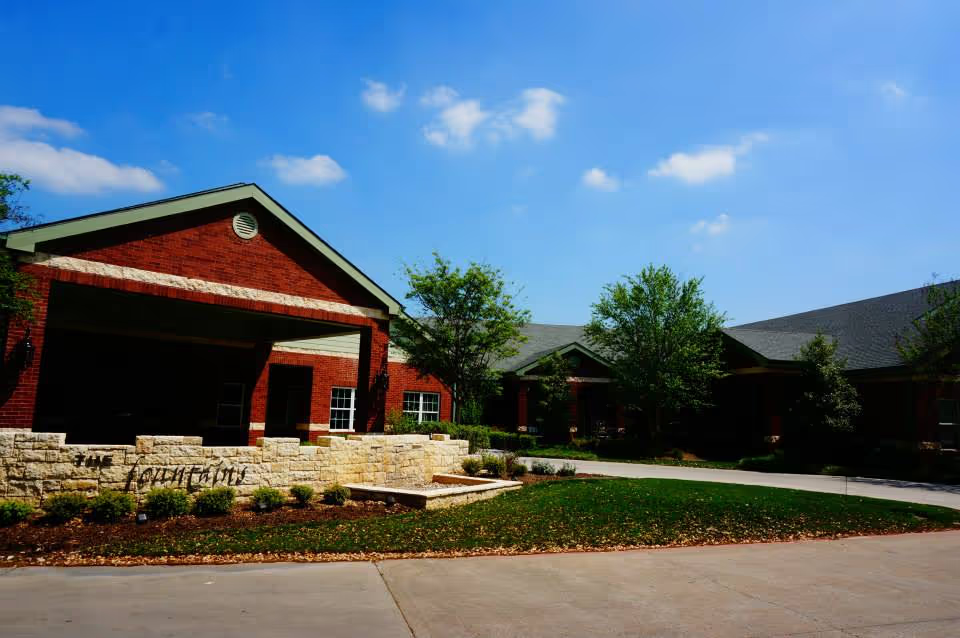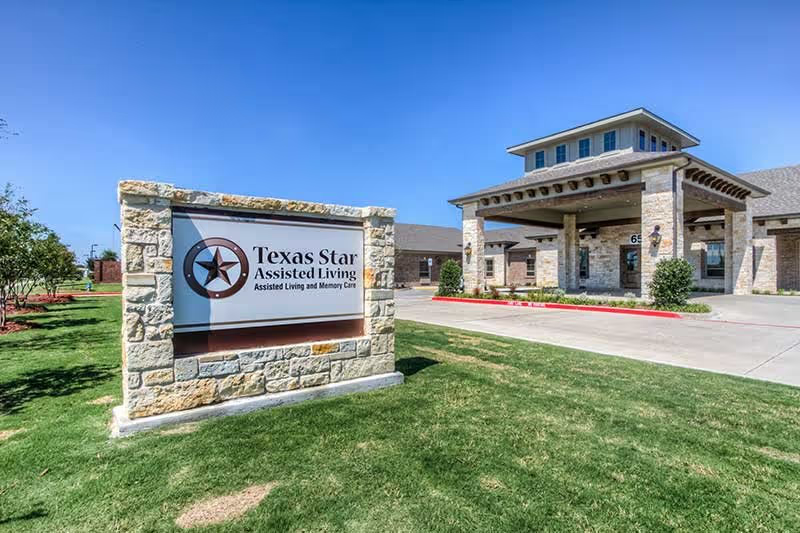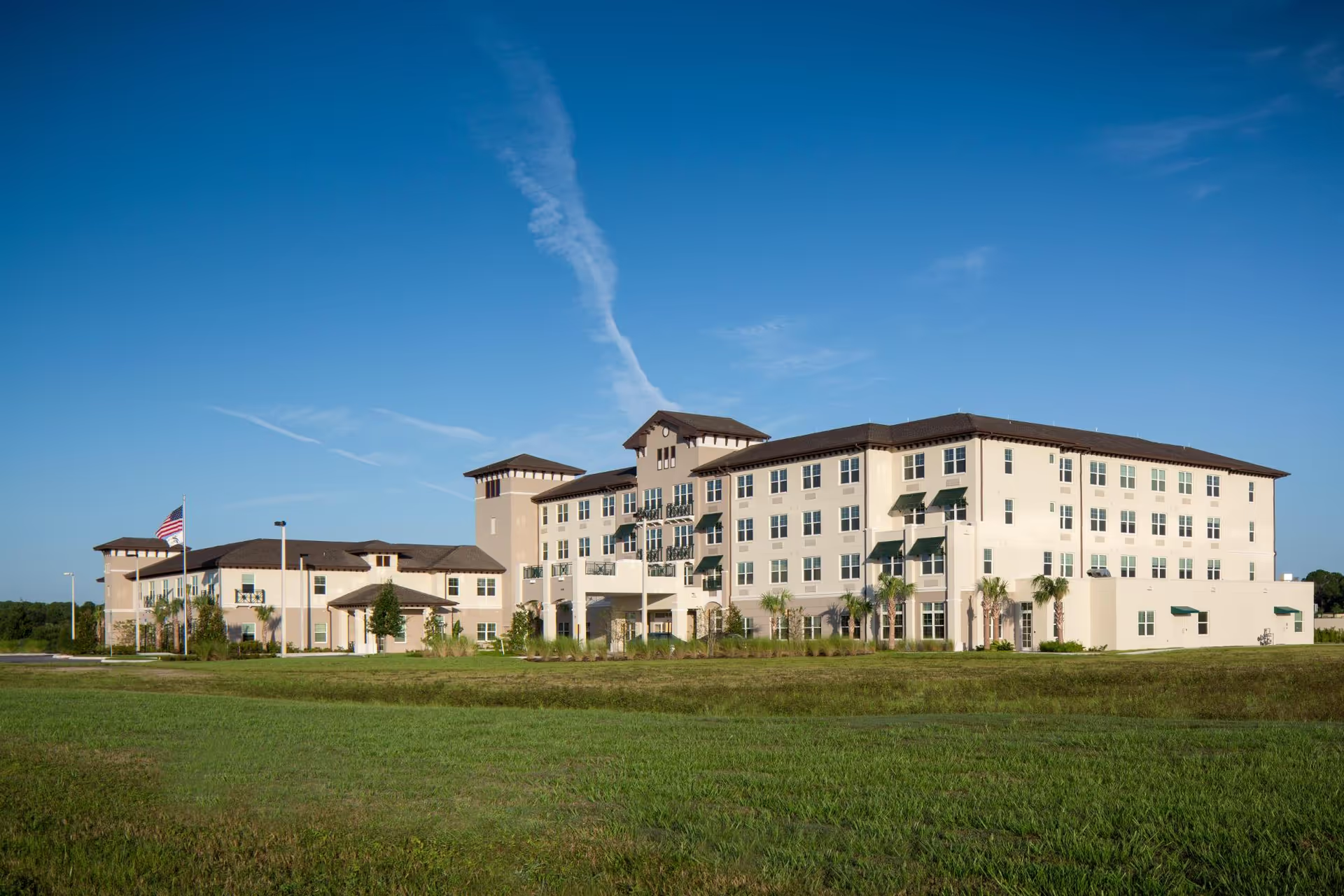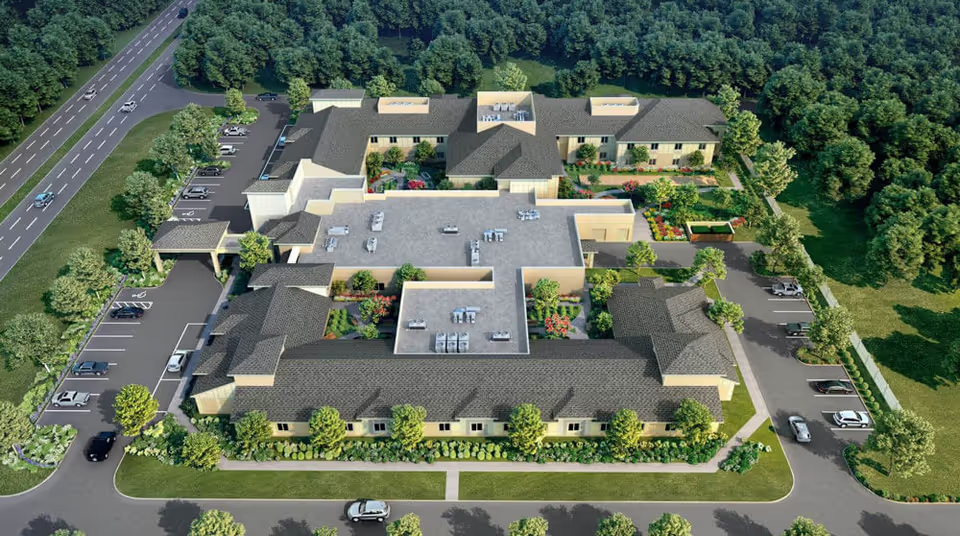Overall impression: Reviews of The Heritage of Meyerland are mixed but lean toward positive in many accounts while containing a cluster of serious negative incidents. A substantial portion of reviewers praise the staff as caring, respectful, and family-oriented; they highlight strong dementia programming, frequent activities, good mid-level nursing leadership, timely communication with families, and a clean, modern facility. At the same time, multiple reviews recount inconsistent care — ranging from minor lapses to significant safety and hygiene problems — which creates a polarized picture where the experience can vary greatly depending on unit, shift, or time period.
Care quality and staff: The strongest, most consistent positive theme is the compassion and dedication of many caregivers and certain nursing leaders. Numerous reviewers single out individual staff and administrators for prompt follow-up, hands-on management, and good communication. Memory-care programming and engagement activities receive repeated praise; specialized staff and activities leaders (named in reviews) are credited with keeping residents active, engaged, and emotionally supported. However, an opposing and serious theme is inconsistent caregiving quality. Reports include missed medications, overmedication, failure to bathe residents for days, lost dentures, unattended overnight needs, and instances that escalated to dehydration and hospitalization. Several families describe night-shift problems, staff blaming other shifts, high turnover, or poorly trained caregivers. These inconsistencies suggest staffing and training are critical determinants of experience at this community.
Facilities, cleanliness, and environment: Many reviews describe the building as new, modern, and attractive, with nice grounds, outdoor patios, and private rooms or bathrooms in some units. Housekeeping and laundry are praised by many families — regular laundry, clean rooms, and a generally home-like atmosphere are commonly cited. Yet other reviewers describe episodic lapses: urine odors in laundry, carpet odors, untidy bathrooms, and misplaced clothing. Taken together, the facility appears capable of maintaining a high standard of cleanliness, but some reports indicate that lapses occur, sometimes tied to staffing or shift changes.
Activities and memory care: Activity programming is one of the community’s strengths in most reviews. Families and residents report a wide range of engagement — chair exercise, birthday parties, varied daily programs, dementia-specific activities, and photo updates. Several reviewers emphasize that activities are stimulating and tailored to memory-care residents, and that staff keep loved ones busy and emotionally better. Conversely, a number of reviewers feel that activities can be limited (e.g., mostly watching TV) or become repetitive for some residents, indicating variability in consistency and programming depth across days or units.
Dining and meals: Opinions on dining are generally positive but mixed. Many reviews praise freshly prepared, home-cooked meals and an appealing menu; others mention cafeteria-style service, repetitive meals, or a limited variety at times. Several families note dietary satisfaction for their loved ones, while a few ask for greater menu variety. Cost is raised by some as high relative to perceived value when poor care incidents occurred, even though other reviewers felt pricing was reasonable or inclusive.
Safety, incidents, and serious concerns: While many families feel safe and report no COVID cases and good infection control, there are multiple serious safety and neglect allegations in other reviews. These range from unattended medical needs and medication mishaps to allegations of abuse, threats, staff drug use, retaliation against reporters, and demands for state-level intervention. Specific severe outcomes reported by reviewers include dehydration requiring ICU care, psychiatric placements, skin tears, and genital injuries. Such reports are alarming and point to critical failures in specific instances. Families also note missing personal items and inconsistent disclosure about incidents, including COVID status, which erodes trust. Several reviewers explicitly said they moved their loved ones to other facilities after negative experiences and saw improvement after leaving.
Management and leadership: Many reviewers praise active, visible leadership and specific administrators who improved care — naming nurse leaders and executive directors who are proactive, communicative, and hands-on. These accounts credit leadership for good escalation, training, and family communication. At the same time, other reviews describe leadership turnover, a new director trying to improve conditions, or management being slow to resolve billing or care complaints. This dichotomy suggests that local leadership changes materially affect resident experience and that families’ impressions are sensitive to who is currently managing the community.
Patterns and recommendations: The dominant pattern is variability: when staffing, training, and leadership are strong, families report excellent, compassionate care, strong memory programs, clean facilities, and good food. When staffing is thin, turnover high, or night shifts problematic, families report neglect, safety incidents, and communication breakdowns. Prospective families should weigh the positive reports about memory-care programming, staff compassion, and facility quality against the documented serious incidents. Specific suggestions from reviewers include confirming staffing levels during tours, asking about staff training, reviewing medication administration protocols, inquiring about laundry/housekeeping processes, asking how leadership handles incidents and disclosures, and considering more frequent visitation or monitoring (some families requested cameras) if safety concerns are paramount.
Conclusion: The Heritage of Meyerland delivers excellent care and a warm, engaged environment for many residents, particularly in memory-care programming, when experienced staff and active leadership are in place. However, there are multiple, credible reports of severe lapses in hygiene, medication management, and safety that have led some families to relocate loved ones. The facility appears capable of high-quality care but also vulnerable to periods of understaffing and inconsistent practice. Families should perform careful, up-to-date due diligence — including asking for recent staffing metrics, incident resolution examples, and references — before making a placement decision, and monitor care closely after move-in to ensure the level of service remains consistent.
